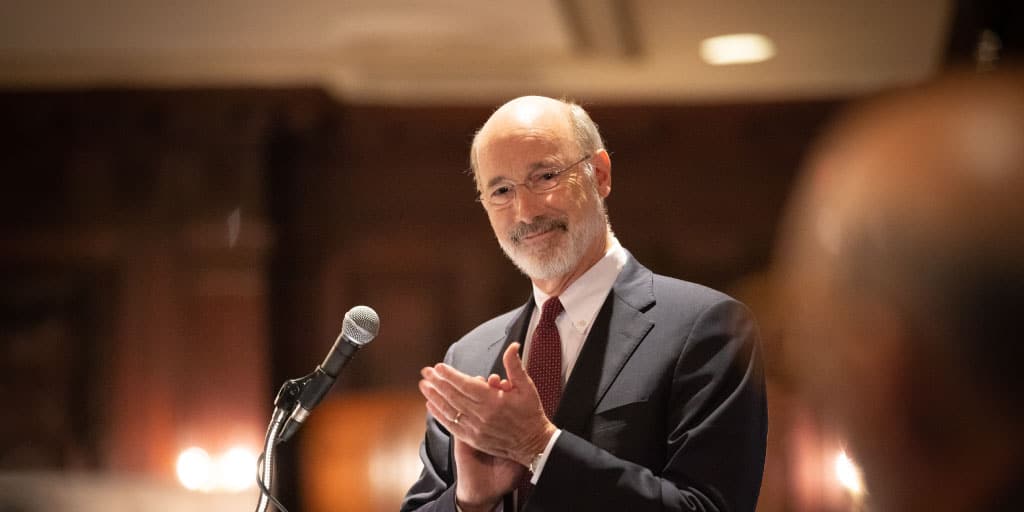HARRISBURG – The reform to Pennsylvania’s “flawed and outdated” charter school law is moving forward with the process of developing regulations by opening a public comment period to gather information on the need for charter school reform, Gov. Tom Wolf announced Monday.
The governor outlined a three-part approach earlier this month that includes executive action, regulations and legislation to provide comprehensive charter school reform.
Wolf encourages education stakeholders to submit comments to inform the Pennsylvania Department of Education’s proposed regulations.
“Pennsylvania’s charter school law is one of the worst in the country and is failing students, teachers, school districts and taxpayers,” said Wolf. “We cannot wait any longer to take action.
“Improving transparency and holding underperforming charter and cyber charter schools accountable will level the playing field with school districts and help to control costs for taxpayers.”
Brick-and-mortar charter and cyber charter schools, and for-profit companies that manage many of them, are not held to the same ethical and transparency standards of traditional public schools.
Charter schools cost taxpayers $1.8 billion last year, but school districts and the state have limited authority to hold charter schools accountable.
At the direction of the governor, the Department of Education is developing new regulations for charter schools. The regulations will include:
- Allowing school districts to limit student enrollment at charters that do not provide a high-quality, equitable education to students.
- Requiring more transparency with charter school admission and enrollment policies to prevent discrimination.
- Holding charter schools and the for-profit management companies to the same transparency standards as public schools.
- Establishing the same ethical standards for charter school Board of Trustees and management companies that apply to public schools.
- Requiring regular financial audits and public contract bidding.
- Establishing requirements for charters to document costs to prevent school districts and taxpayers from being overcharged.
In addition to developing regulations, the Department of Education is creating a fee-for-service model to recover the department’s costs for implementing the charter school law.
The governor’s vision of charter school reform also includes legislation. The governor will work with the General Assembly on a proposal to hold low-performing charter schools accountable and cap their student enrollment, require charter school management companies to be subject to the Right to Know Act and create a moratorium on new cyber charter schools.
Rising charter school costs, which elected school boards cannot control, are a key reason for school property tax increases.
“There are good charter schools in Pennsylvania, but we must do more to hold underperforming charter schools – especially cyber charter schools – accountable to students, parents and taxpayers,” said Wolf.
A recent report from Stanford University found overwhelmingly negative results from Pennsylvania’s cyber schools and urged the commonwealth to enact reforms.
The governor’s push for charter school reform has received support from many education community leaders including the Pennsylvania School Boards Association, Pennsylvania Association of School Business Officials, Pennsylvania Association of School Administrators, Education Voters of Pennsylvania, Research for Action, American Federation of Teachers Pennsylvania and Pennsylvania State Education Association.
Comments about the proposed charter school reforms can be submitted to: Office of the Secretary, 333 Market St., 10th Floor, Harrisburg, PA 17126.




